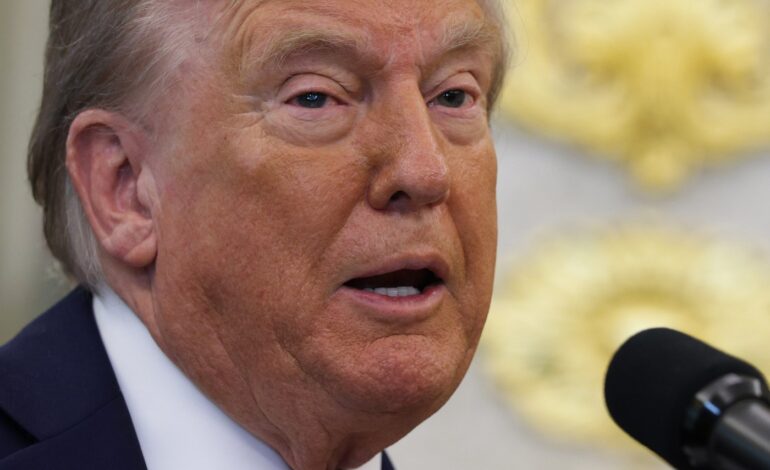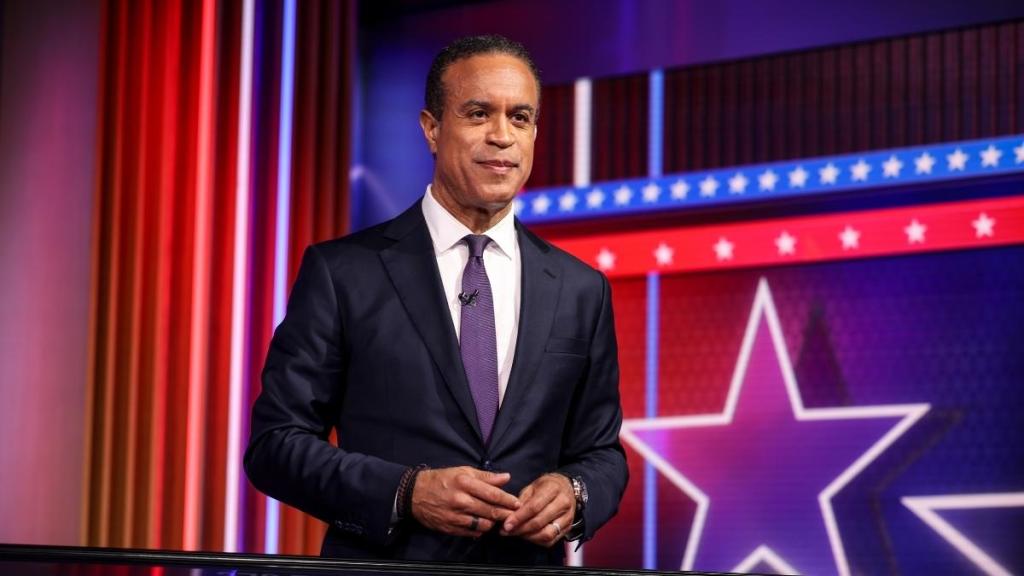Trump’s Actions Raise Concerns Over Political Retaliation

Former President Donald Trump has escalated his political strategy by taking actions that critics argue punish entire states and their residents for perceived grievances. Recently, he announced plans to relocate the U.S. Space Force command from Colorado Springs, Colorado, to Huntsville, Alabama. This decision, according to Trump, stems from dissatisfaction with Colorado’s mail-in voting system, which he claims leads to “crooked elections.”
The implications of this move are significant. Colorado Springs, home to five military installations, stands to lose jobs and prestige. Even some local Republicans, such as Rep. Lauren Boebert, have opposed the relocation, highlighting the broader ramifications of Trump’s vendetta against states he perceives as antagonistic. The choice of Alabama, a state Trump won in the last election, underscores a pattern of retaliatory tactics against areas that did not support him.
Trump’s administration has previously threatened to withhold funding from various states as a form of political leverage. For instance, he recently targeted Maryland, threatening to cancel funds for the Francis Scott Key Bridge reconstruction after Governor Wes Moore refused to deploy the National Guard to combat urban crime, particularly in Baltimore. This bridge is a critical infrastructure point on the East Coast, facilitating tens of thousands of vehicle crossings daily.
In a similar vein, earlier this year, Trump warned of withholding disaster relief from California, which was recovering from devastating wildfires unless the state implemented stricter voter ID laws. Such actions have raised alarms about the ethical implications of using federal resources as bargaining chips in local political disputes.
Historically, Trump’s administration has faced accusations of prioritizing personal grievances over public welfare. Following the catastrophic effects of Hurricane Maria on Puerto Rico, Trump delayed over $20 billion in disaster aid, a move perceived as politically motivated. Much of the assistance only reached the territory after the Biden administration took office in April 2021.
The challenges extend beyond state-specific issues. Trump’s policies, including tariffs that effectively raise costs for American consumers, have drawn criticism for disproportionately affecting his own supporters. His agenda, heavily focused on personal grievances, raises unsettling questions about the broader impact on American citizens.
Trump’s approach has shifted the political landscape, with his supporters often caught in the crossfire of his disputes. The fallout from his actions has been felt at both local and national levels, leading to calls for accountability and a reassessment of the use of political power.
As Trump continues to navigate the post-presidency landscape, many wonder how long his supporters will remain loyal amid a pattern of punitive measures that seem to disregard their well-being. The potential for political retaliation against states and communities that do not align with his views remains a contentious issue as the nation moves forward.






